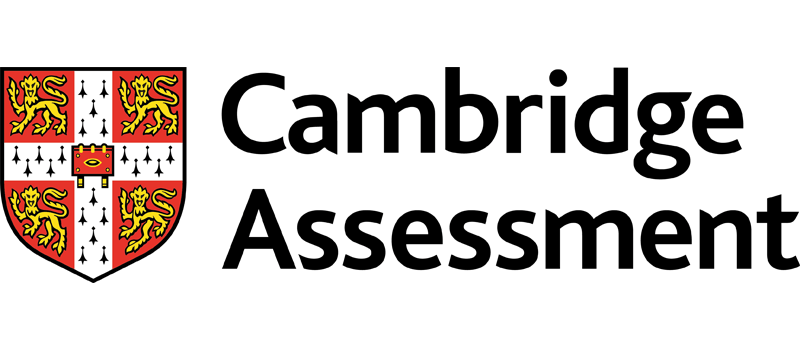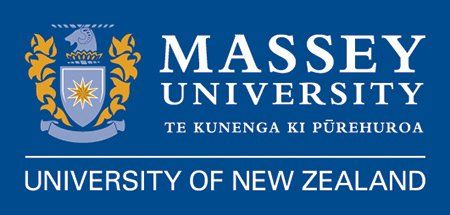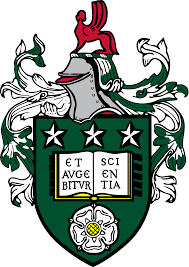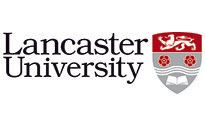Day 1:
Foundations of Project Integration Management
Overview of project integration management and its role in project success.
Developing a project charter and obtaining stakeholder buy-in.
Creating integrated project plans that align with organizational goals.
Managing project changes systematically using change control processes.
Day 2:
Principles and Practices of Scope Management
Defining project scope and documenting requirements accurately.
Techniques for creating work breakdown structures (WBS) and scope statements.
Strategies for validating scope and obtaining formal acceptance from stakeholders.
Identifying and mitigating risks associated with scope creep and uncontrolled changes.
Day 3:
Fundamentals of Time Management
Importance of time management in achieving project milestones and deadlines.
Methods for activity sequencing, duration estimation, and resource allocation.
Building Gantt charts and critical path diagrams for effective scheduling.
Tools for tracking progress and adjusting timelines dynamically.
Day 4:
Practical Applications and Tools
Leveraging software tools like Microsoft Project and Jira for project planning.
Conducting variance analysis and implementing corrective actions.
Facilitating team meetings and status updates to maintain transparency.
Case study: Analyzing real-world examples of successful and failed projects.
Day 5:
Compliance, Updates, and Continuous Improvement
Understanding compliance requirements and industry standards in project management.
Incorporating lessons learned into future projects for sustained improvement.
Preparing final reports and presentations for stakeholders and sponsors.
Review of certification pathways and next steps for professional growth.























































